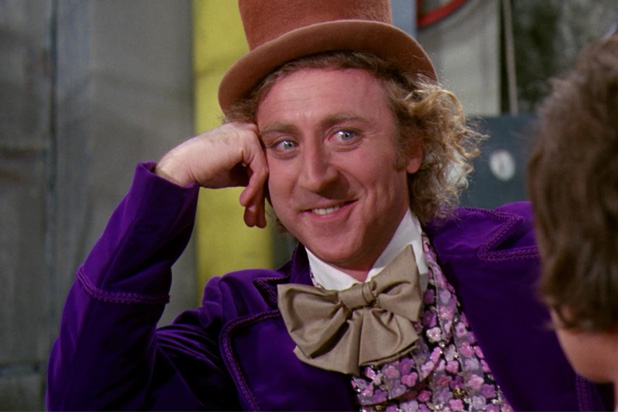On Monday, the world lost a comedic legend in Gene Wilder.
The iconic comedy actor died from complications resulting from Alzheimer’s Disease, which, according to nephew Jordan Walker-Perlman, he kept hidden from the world so as not to upset his younger fans. That he would do so is a perfect summation of the joy Wilder brought to the silver screen, the infectious enthusiasm he had for his craft and his commitment to bringing happiness to the world.
Wilder’s career has always been intertwined with the films of the legendary Mel Brooks, with one of his first major roles in all cinema being Brooks’ first feature film “The Producers.” Though neither he nor Brooks were very experienced in Hollywood, and in spite of the fact that the film was a disappointment critically and commercially, the partnership proved fruitful. Wilder, having been nominated for an academy award for his performance in the film, would go on to act in two other films for Brooks, “Young Frankenstein” and a classic performance in “Blazing Saddles.”
Wilder wrote, casted and starred in “Young Frankenstein” in 1974, with Brooks as co-writer and director, after a successful role in Woody Allen’s 1973 film “Everything You Always Wanted to Know About Sex* (*But Were Afraid to Ask)” gave him some success. It was Brooks’ first film in which he made no fourth wall breaking appearances, which Wilder asked him not to do. Wilder earned his second and final Academy Award nomination for his role as the titular character.
Although other roles gained him fame and fortune, it is through his legendary performance in 1971’s cultural touchstone “Willy Wonka and the Chocolate Factory” that Wilder became best known. Despite the loathing of Roald Dahl, author of the book on which the film was based, Wilder received the role of eccentric candy factory owner Willy Wonka and made the role his own. The clothes Wonka wore, the way he spoke and even the details of his first scene were all devised by Wilder, who said that the scene in which Wonka pretends to have a limp before dropping the cane, somersaulting and jumping up was important to establish his untrustworthiness, according to a recent CBS news article.
Dahl disliked Wilder’s performance, because he felt it took emphasis off of Charlie’s story and made the film all about Wonka, according to a 2005 BBC article. Nevertheless, Wilder defined the character of Wonka, and to this day remains the iconic representation of the character, in spite of an attempt by Johnny Depp in 2005 to make the character his own.
Toward the end of his life, Wilder turned to writing books, writing three novels, a collection of short stories and a memoir.
The legacy Gene Wilder leaves behind is one of “pure imagination,” to quote Willy Wonka. It is difficult to overstate his importance to the world of comedy, as his grand life and work has placed his performances at the heart of modern culture. His performance as Willy Wonka is an icon of children’s entertainment, and has been parodied, homaged and referenced thousands of times throughout the years. His performances in “Blazing Saddles,” “The Producers” and “Young Frankenstein” continue to provide laughs to audiences around the world. Humanity is a sadder species for his passing, but his legacy of humor and wonder will last for decades to come.




































































































